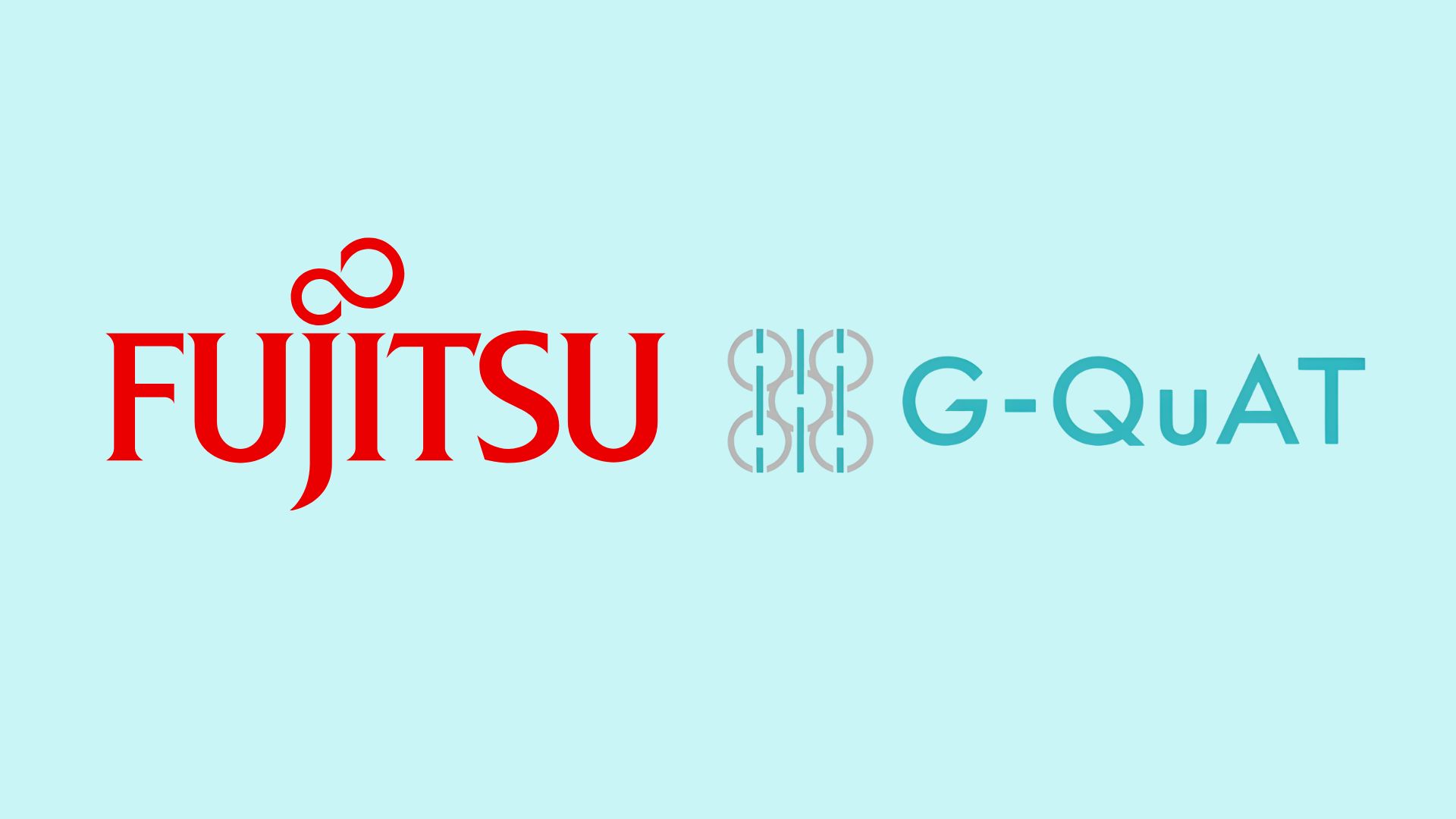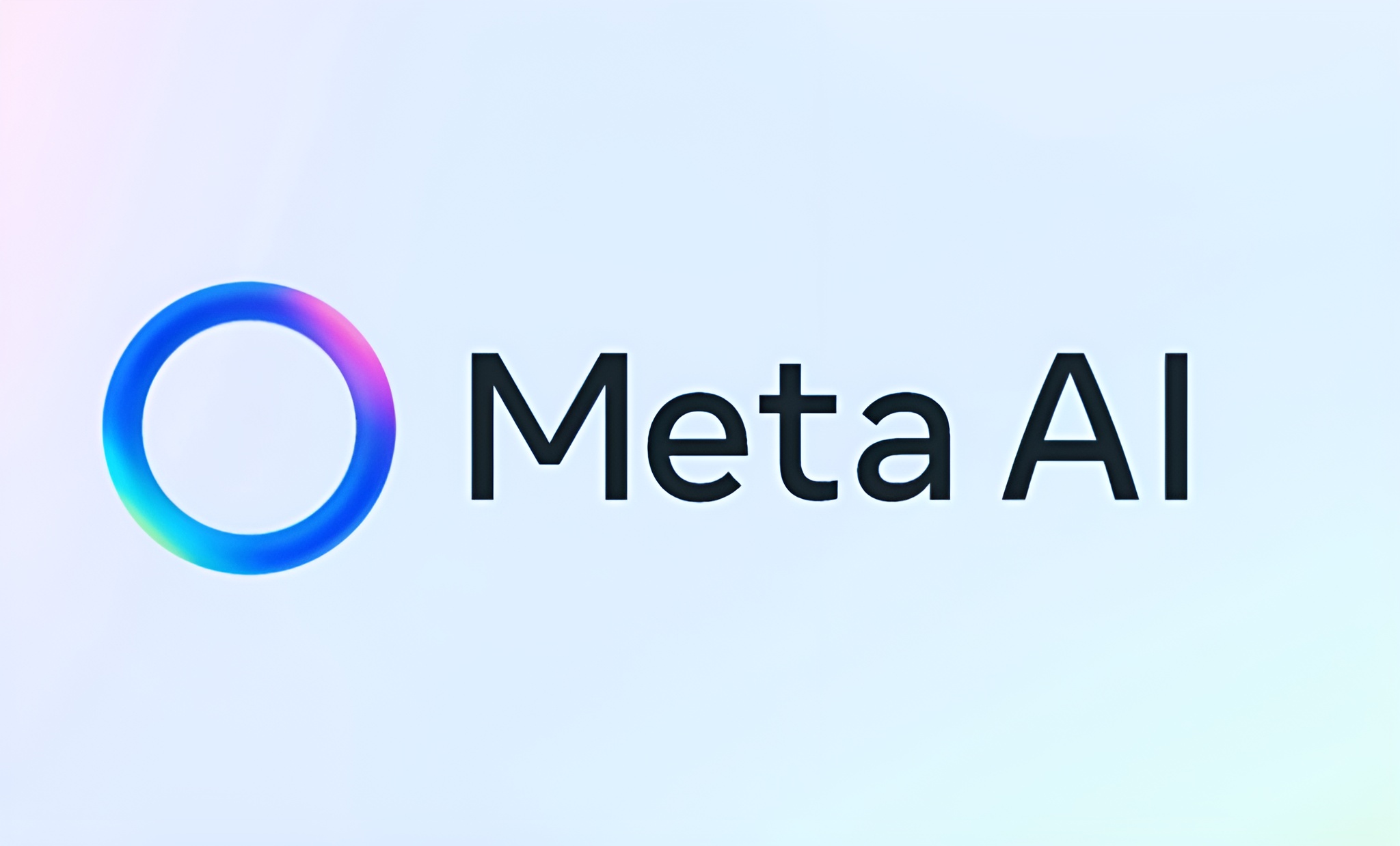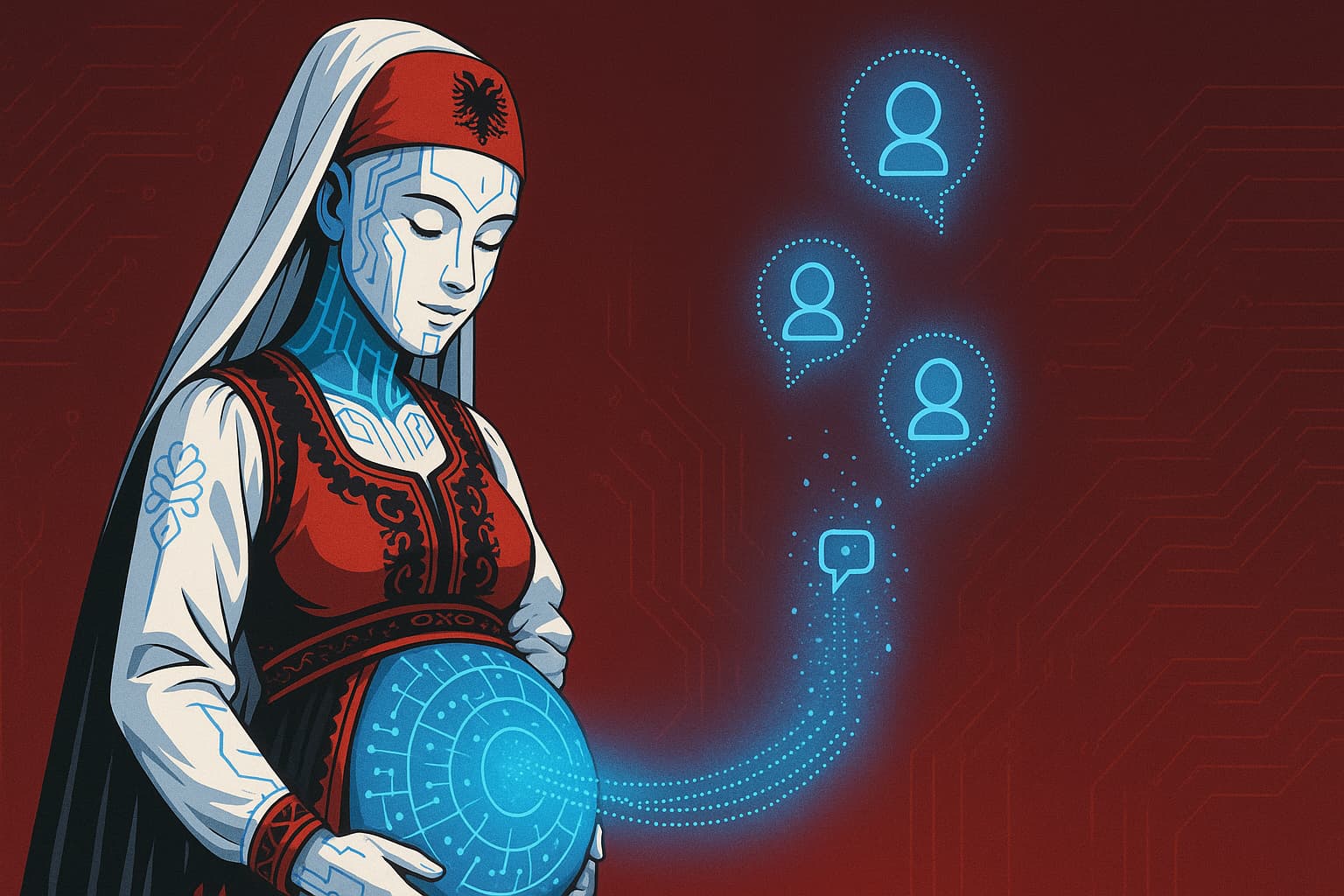Fujitsu and AIST’s G-QuAT have signed a collaboration to lift Japan’s quantum competitiveness, aligning roadmaps, labs, and funding toward commercialisation. The pact focuses on practical outcomes: industry-ready prototypes, interoperable tooling, and clear pathways from research to deployment.
The partners will pool superconducting know-how, shared fabs and test sites, and structured talent exchanges. Common testbeds will reduce duplication, lift throughput, and speed benchmarks. Joint governance will release reference designs, track milestones, and align on global standards.
Scaling quantum requires integrated systems, not just faster qubits. Priorities include full-stack validation across cryogenics and packaging, controls, and error mitigation. Demonstrations target reproducible, large-scale superconducting processors, with results for peer review and industry pilots.
G-QuAT will act as an international hub, convening suppliers, universities, and overseas labs for co-development. Fujitsu brings product engineering, supply chain, and quality systems to translate research into deployable hardware. External partners will be invited to run comparative trials.
AIST anchors the effort with the national research capacity of Japan and a mission to bridge lab and market. Fujitsu aligns commercialization and service models to emerging standards. Near-term work packages include joint pilots and verification suites, followed by prototypes aimed at industrial adoption.
Would you like to learn more about AI, tech and digital diplomacy? If so, ask our Diplo chatbot!










